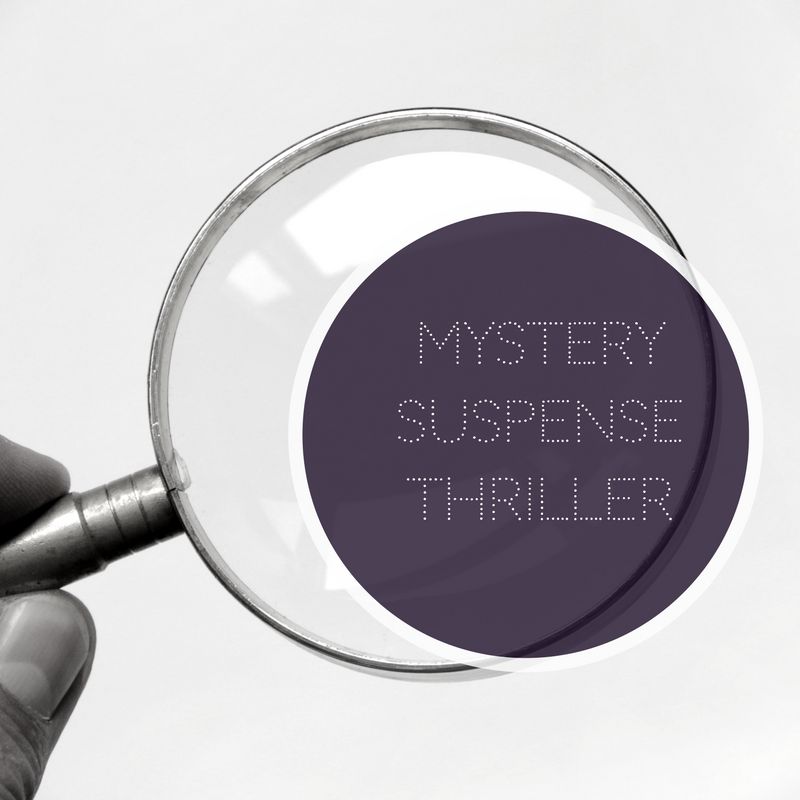
History in the Making
Nancy Drew: Girl Detective
Searching for some fun details or a bit of drama to slip into your next fictional piece? Well, pull…
November 22, 2023
Searching for some fun details or a bit of drama to slip into your next fictional piece? Well, pull…
November 22, 2023
Can you share a little about your recent book? My newest award-winning mystery is Fountains and Secrets. Here’s the…
October 1, 2022
Ever heard someone say, “I love a good mystery!” That’s more likely than hearing“I love a good suspense story.”…
June 17, 2021
Should I worry about trends? Do I write what I want and hope it sells? Is the mystery, suspense,…
October 17, 2019